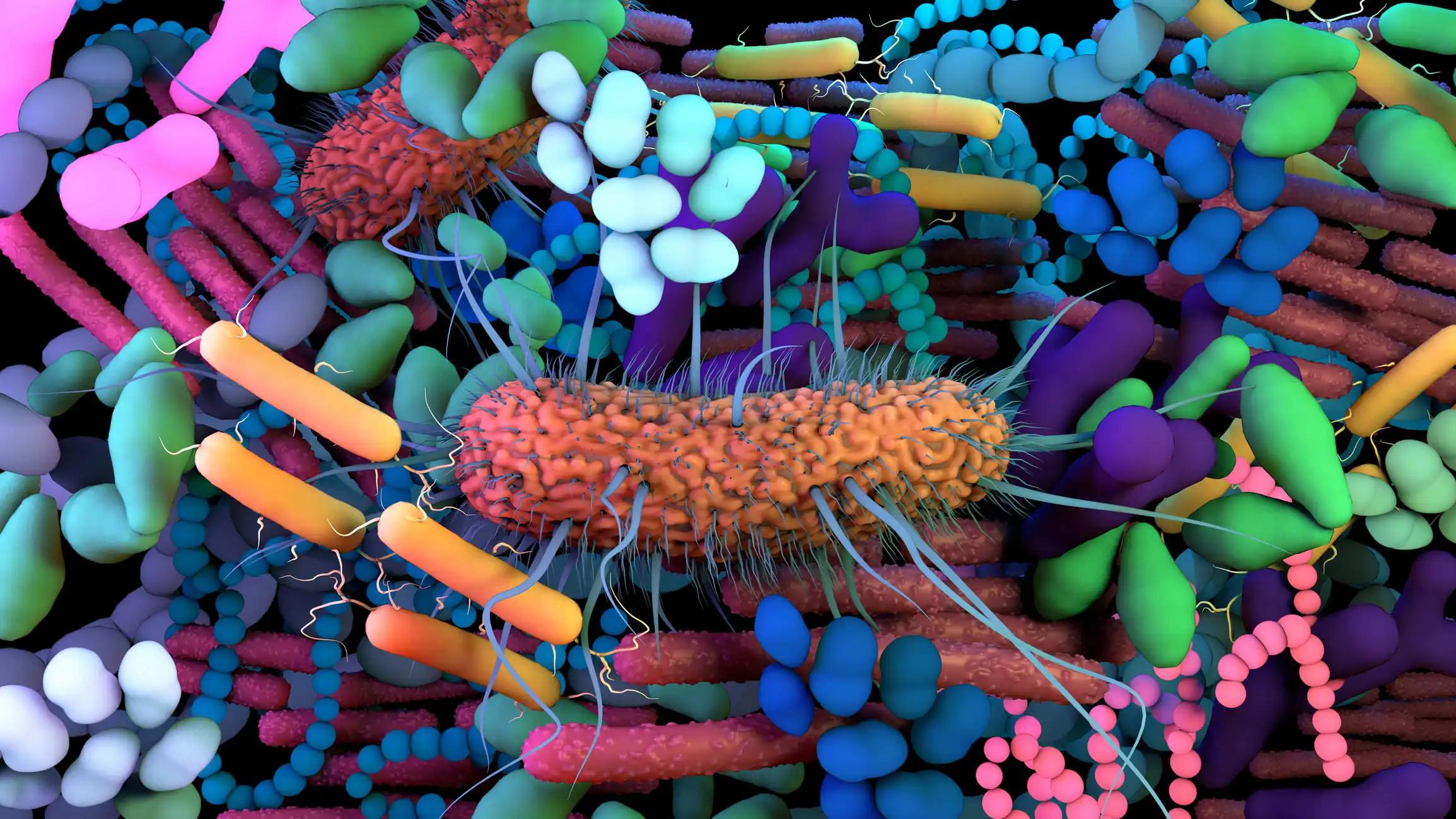The phase 2 trial aimed to investigate the efficacy and safety of surufatinib combined with sintilimab as a potential 1L treatment for patients with advanced GC/GEJC. The primary endpoint was to determine ORR. Researchers noticed promising preliminary efficacy and manageable safety of surufatinib plus sintilimab as 2L treatment for advanced GC/GEJC patients; further […]...
ASCO-GI 2024
Coverage of ASCO Gastrointestinal Cancers Symposium
Jan 18
-Jan 20, 2024






